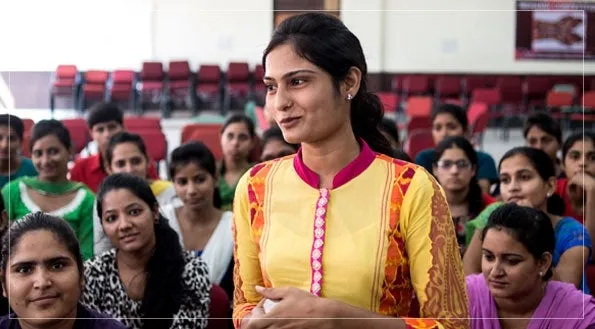Education
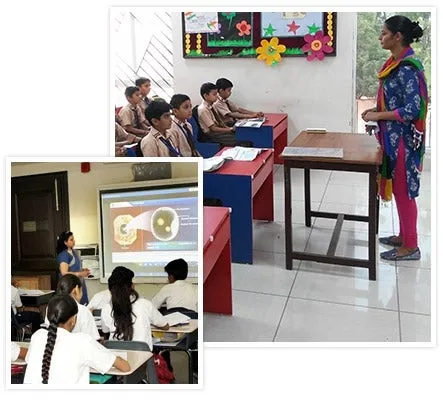
Education is one of the few levelers of socio-economic inequalities. Socially sustainable inclusive growth can only happen when the marginalised groups are equipped for upward social mobility. This empowerment happens through democratic education. But unfortunately, as per National Sample Survey report of 2014, 54% of our females are not enrolled for education. Out of which, there is a progressive drop out rate which touches 33% by the the time the girls reach VIII grade. It is through state’s relentless efforts that we have come this far, but yet there is miles to go.
We are wholeheartedly invested in catalising capillary penetration of education through our CSR initiatives. Our programmes are devised after a thorough research of the ground reality to directly address the handicaps that keep children away from knowledge. Our analysis has identified some core areas which require immediate attention: primary and secondary school education, transition from secondary school to college, and attracting more children towards education through social entrepreneurship and local leadership.
Impact

LAMP
500+ Scholars Enrolled

MODEL SCHOOL PROGRAM
500 Students Educated
Project
 LAMP
LAMP Model School Program
Model School Program
This project aims at overall development of women through financial and non-financial support. 25 promising BPL students from government schools of classes 9th to 12th standard are selected through a screening test. These girls are given financial support, quality out-of-school coaching, mentoring, talent development through workshop, career counselling, leadership training, etc. 80% of our LAMP scholars break into the world of higher education inspiring thousands of other students. Project LAMP is a comprehensive package of 4 programmes:Luminous Udayan Shalini Fellowship Programme(LUSFP), Singaji Nivedita Girl’s Scholarship, Youth Leadership Development Programme and Association of Rural Community Development (ARCOD)
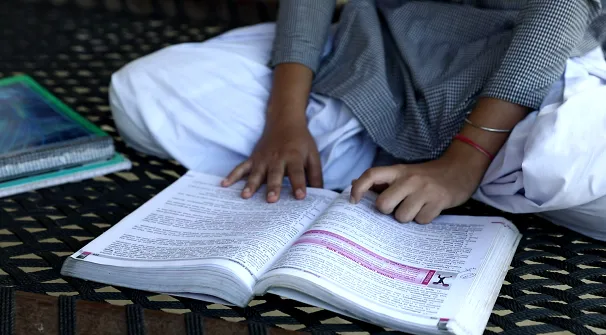
Luminous Udayan Shalini Fellowship Programme(LUSFP)
The objective of this programme is to empower women with education while also inculcating in them confidence and a sense of social responsibility. Meritorious girls from weaker socio-economical backgrounds who have completed their 10th grade are offered scholarships, to bridge and smooth out the transition from secondary school to college by minimising the financial constraints, that would otherwise prevent them from accessing higher education. Additionally, training for soft skills, career guidance, goal setting, personality development, and social commitment would guide the women to grow into shalinis or empowered women. 3200 shalinis have already benefited from the programme, and 3,000 more stand to gain LUSFP’s assistance.
Singaji Nivedita Girls Scholarship
This programme strives to empower women by creating a ripple effect. To this effect, scholarships of INR 31,500 per candidate, covering educational expenses including conveyance, tuition fees, uniform fees, etc. of 16 meritorious women - to pursue 3 years under graduate degree - will be provided to partner institutions. The candidates will be selected on the basis of a written test and interview. The scholars would represent their village and inspire many more boys and girls to follow the path of education.
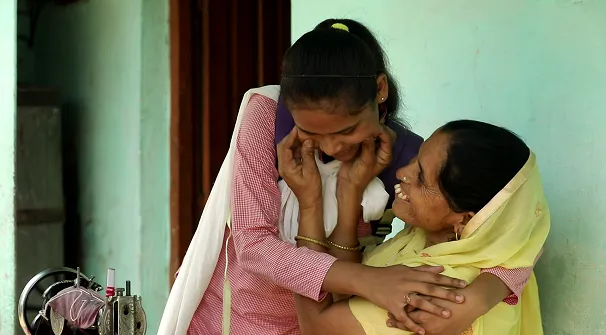
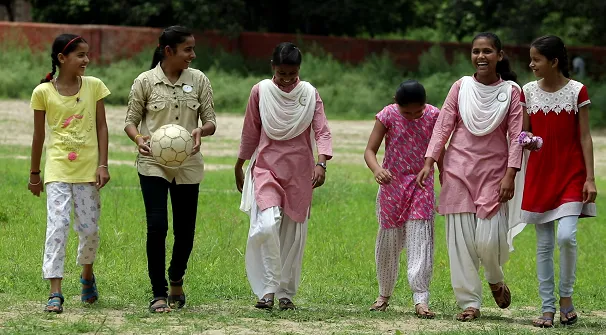
Youth Leadership Development Programme
We are striving to keep the juggernaut of education in a self-sustained motion, by equipping women to impart education to other disadvantaged sections. High school girls in rural Bihar are given leadership training for over three years, to equip them to work with other stakeholders like parents and teachers. High school students get to evolve by engaging with primary students via story telling, critical thinking, and problem solving. This would result in a systemic change and holistic education. So far 5,000 students have already benefited, by the end 4,00,000 students are expected to gain.
Association of Rural Community Development (ARCOD)
We have identified that Shoolagiri block of Krishnagiri, one of the most backward districts of Tamil Nadu, records high drop out rates of girl students after VIII grade, and consequent child marriages. This project aims to tackle with two problems: 1) Encouraging girls for higher education, 2) Reducing child marriage cases through schooling and education. 100 girl students will be directly supported through weekend assistance with studies, life skills training and opportunities to improve physical health. 1000 students will get better learning opportunity through digital and smart classrooms.
